ESP – ENG
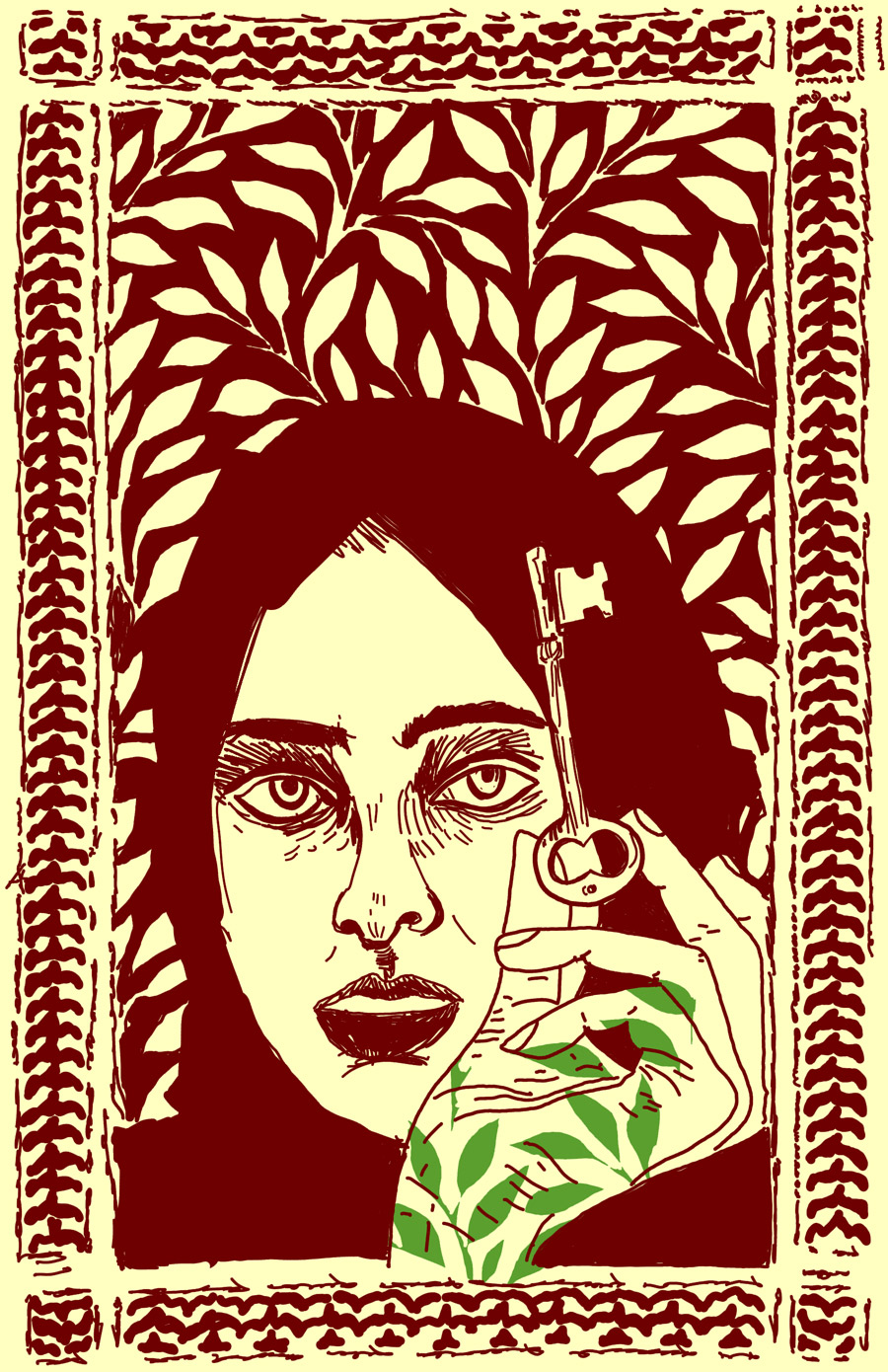
May 15, 1948. There is no date etched deeper into Palestinian consciousness. It marks the Nakba (“catastrophe”) that the foundation of the state of Israel represented, a devastating combination of dispossession, exile, occupation and death.
Seventy-five years later, the Nakba is not a fading memory but an enduring reality. Whether abroad or under settler-colonial occupation, Palestinians continue to resist all sorts of attacks against their very existence.
In this article we offer an overview of the three-quarters of a century of the Nakba, the responsibility of international actors, the different stages of the Palestinian struggle and the enduring hope that refuses to fade.
A tragedy foretold
As much as Zionist historiography tries to paint the creation of Israel as a reaction or consequence of the Holocaust, the plan to create a Jewish supremacist state in Palestine had been underway for decades.
The British Mandate in Palestine after World War I helped kick the operation into high gear, with London committing to the 1917 Balfour Declaration to create a “national home” for the Jewish people. A carefully designed migration policy was in motion, to increase the Jewish population settling in Palestinian lands so that a future Zionist state could emerge. The 1936-39 Arab Revolt was an early eruption against this trend.
At the same time, the British got busy with one of their historical traditions: partitioning foreign lands. The Peel Commission was the first to formally propose the creation of separate Jewish and Arab states in historic Palestine. However, with the US and all its might in their corner, Zionist leaders got a much better deal with the 1947 UN Partition Plan that awarded them 56% of the territory despite the Jewish population being less than one-third of the total.
But it was not enough. For all the diplomatic and land-buying efforts, Zionism’s most important weapon was (and remains) terror. With active or passive complicity from British colonial authorities, Zionist armed militias unleashed attacks on Palestinian cities and villages. The goal was clear: expel the indigenous population and make them refugees abroad or in their own land.
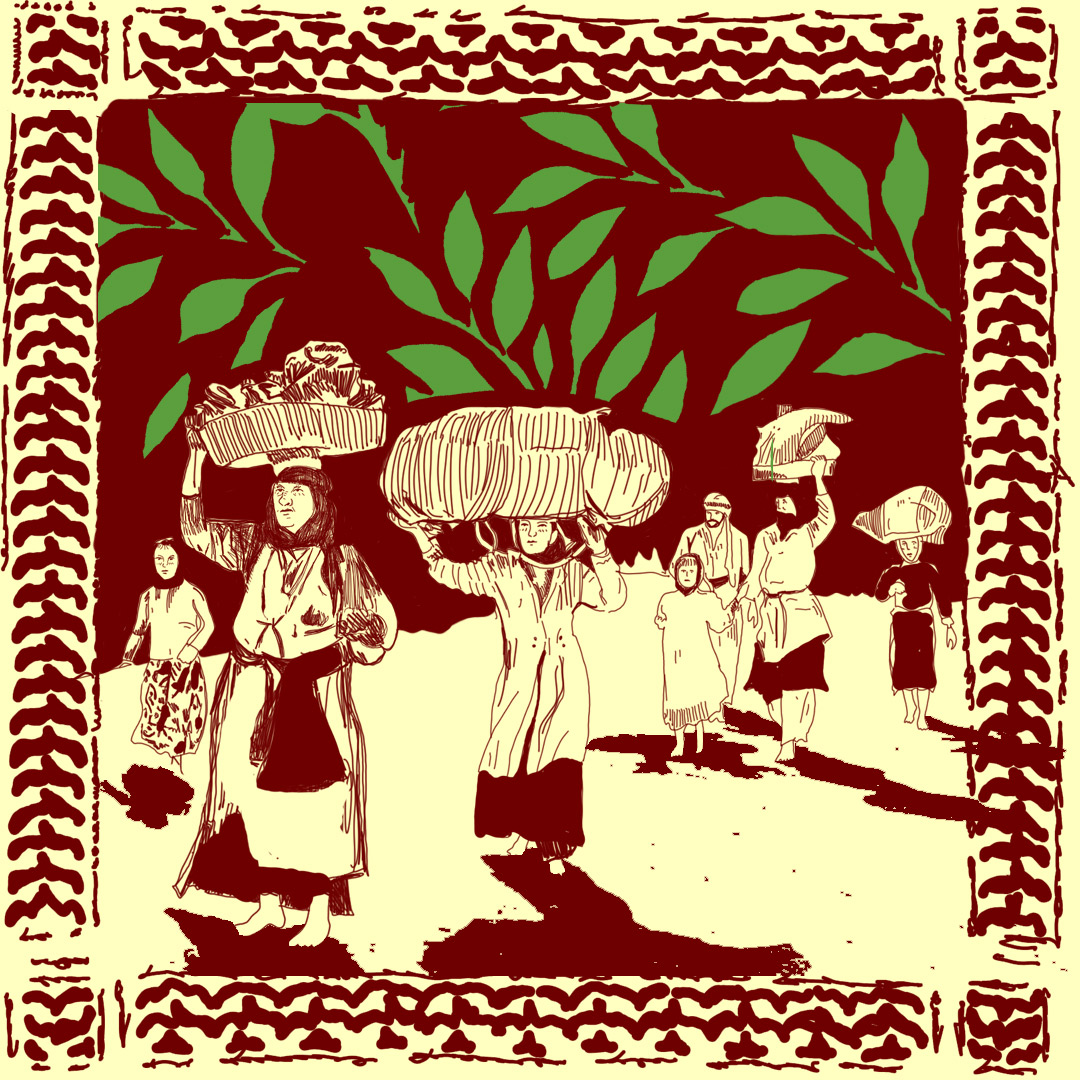
When the dust settled, 750,000 Palestinians, over two-thirds of the Arab population, were driven out of their homes. The Palestinian refugee population has since ballooned to over eight million.
With the state of Israel up and running, the practice of committing massacres with total impunity continued, only morphed from terrorist militias to outright state terrorism. Zionism has accumulated a huge and outrageous rap sheet, with war crimes committed at home and abroad alongside non-stop ethnic cleansing and land grabbing. Israel now controls well over 90% of historic Palestine.
Palestine has been the prime example of the total inefficacy of the United Nations as a global mediator. Resolutions establishing Palestinians’ right to return or condemning settlements have been ignored and forgotten, the US veto in the Security Council has been available whenever needed. No law, local or international, is worth the paper it is written on if it cannot be enforced.
Unreliable allies
The reaction against Israel, particularly in the early stages, was dominated by Arab nations, especially neighboring ones such as Jordan and Egypt. And the overwhelming lesson is that these governments have utterly failed or betrayed the Palestinian cause.
Direct military confrontations, such as the 1948 War, the Six-Day War (1967) and the Yom Kippur War (1973) saw Arab countries simply withdraw or suffer humiliating defeats. In parallel, the Palestinian movements gradually saw the importance of taking matters into their own hands and formed the Palestine Liberation Organization (PLO) in 1964. Yasser Arafat would soon become its leader.
The different factions of the PLO had a much clearer anti-colonial outlook and ramped up guerrilla operations against the Israeli occupiers. Despite being heavily outgunned, the Palestinian fedayeen (“guerrillas”) became symbols of renewed hope in the occupied territories and refugee camps.
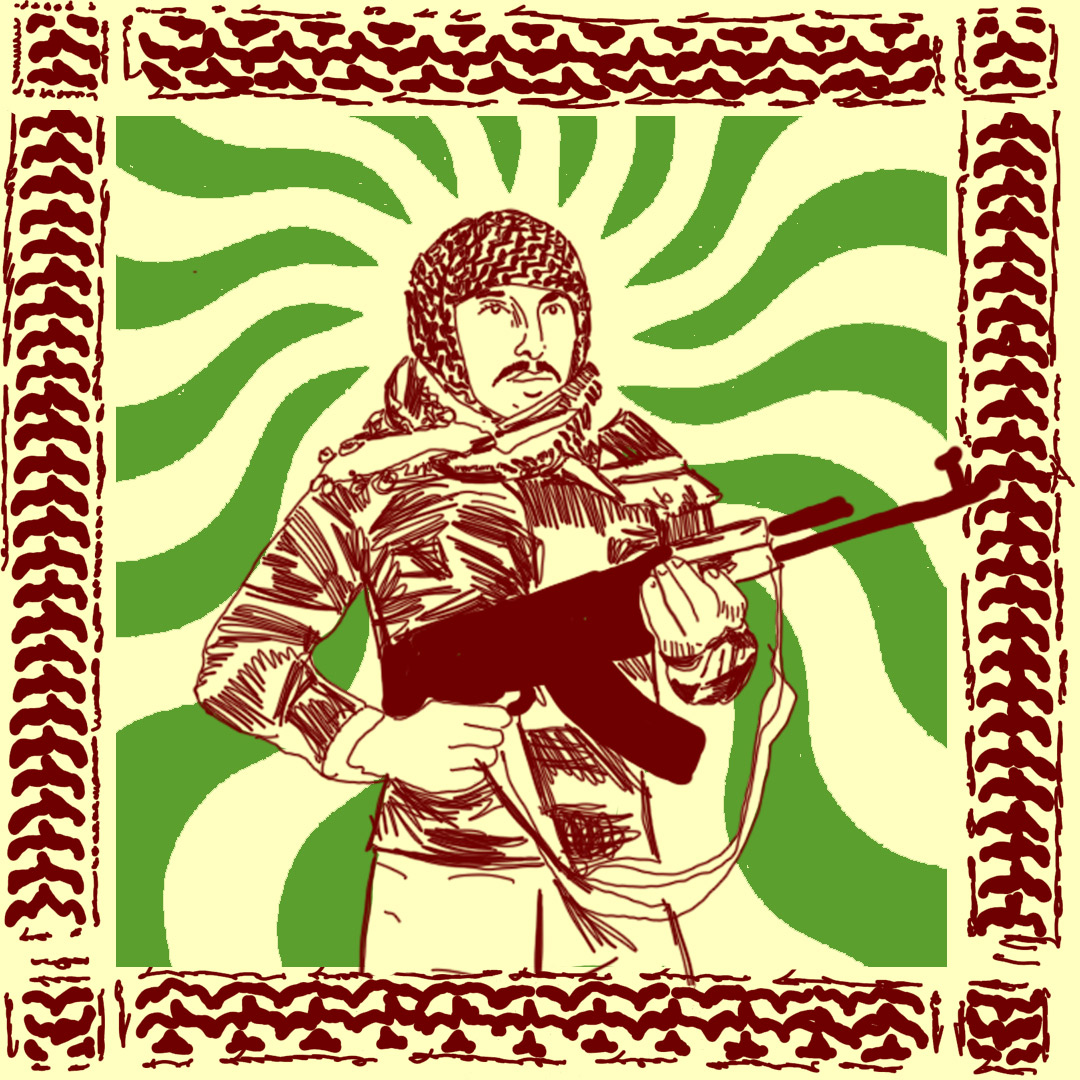
However, as US-supported conservatism gradually won over Arab nationalism, the radical approach of the PLO, especially from factions such as the Popular Front for the Liberation of Palestine (PFLP) became more of a problem. The infamous “Black September” (1970) saw King Husayn, from the ever-loyal Hashemite clan, unleash his armed forces to push the PLO out of Jordan and into Lebanon.
The truth is that the Arab governments, be they of the “reactionary” or “military, petty bourgeois” nature (to use Ghassan Kanafani’s categories), have always been ready to use Palestine as a bargaining chip to bolster their own survival prospects. Oily monarchies like Saudi Arabia or the Emirates will pay lip service to the Palestinian cause only to turn around and promote US-Israeli interests.
‘Surrender’ and NGOization
With the Israeli invasion driving the PLO out of Lebanon in 1982 and pressure building from the ever more pliant Arab governments, Egypt chief among them, negotiations accelerated in the 1980s. They would eventually lead to the Oslo Accords.
The agreements were cheered by the West, and rightly so. Israel got everything it wanted in exchange for very little: a toothless, scattershot Palestinian quasi-state mired in eternal dependence on its colonial occupier. Illegal settlements, decried and condemned by virtually everyone, continued to grow unabashedly.
Renowned Palestinian intellectual Edward Said called the Oslo Accords “an instrument of surrender.” If it was clear enough then, it only became clearer with time. Yet this pitiful facsimile of a two-state solution was not going to be the end of history. The First and Second Intifadas (1987-1993 and 2000-2005) showed that the Palestinian people had no interest in surrendering.
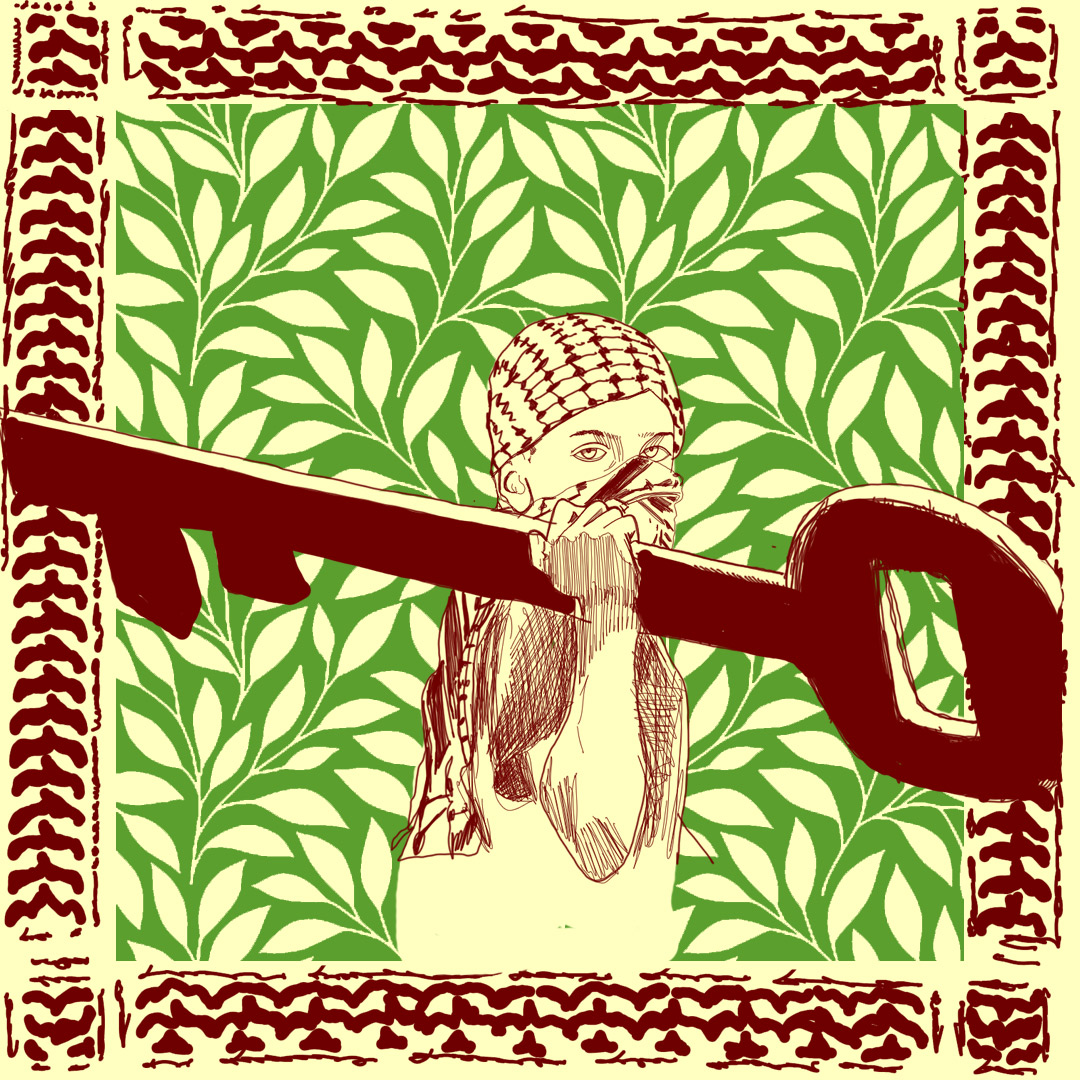
Oslo effectively changed the configuration of the Palestinian struggle. The PLO gave way to the Palestinian Authority (PA), ever more entrenched and easily seduced by levers of power, however limited. But aside from bureaucracy and corruption, another ill began to plague the Palestinian people: western NGOs.
The territories (formally) under PA control, especially in the West Bank, offered the perfect conditions for the proliferation of these agencies. And with the entailed funding, this led to an “NGOization” of the Palestinian struggle. Banners such as land, freedom and resistance made way for aid, civil society and governance. Subjects of emancipation became objects of tutelage, and the Palestinian agenda became subordinated to that of the foreign sponsors.
Memory and hope
In spite of the dire conditions, the Palestinian people have shown time and again that their cause is alive and kicking. New waves of direct action and resistance continue to rise, international solidarity grows stronger by the day. For one, the fiction of the two-state solution has been safely buried.
Israel goes all out to try and present itself as some kind of high-tech, hip, developed society. An oasis of Western-like modernity in the middle of a backward region. But the charade is no longer sticking, and the age of social media is swiftly exposing the Zionist entity for what it is: a settler-colonial, apartheid regime with ethnic cleansing, indiscriminate bombings and human rights abuses as its daily currencies.
It is no wonder that there has been such an enormous effort, with help from allies, to drive forward normalization with Arab states and to smother anti-Israel dissent around the world, from unfounded “anti-semitism” charges to attempts to outright outlaw the “Boycott, Divest and Sanction” (BDS) movement.
But it has slowly and steadily backfired. Palestine remains as unanimous a cause as there is in the Arab World (and even beyond). Municipal authorities in cities like Oslo and Barcelona have cut ties with Israel, and more will soon follow. For all its attempts to make Palestinians disappear, it is the occupation state that is becoming ostracized.
The 75 years of the Nakba have left a trail of suffering that has very few parallels, if any. But it has also shown that just causes cannot be killed or exiled. As Ghassan Kanafani put it, “to liberate Palestine, to have dignity, to have mere human rights, is as important as life itself.” From the River to the Sea, Palestine will be free.
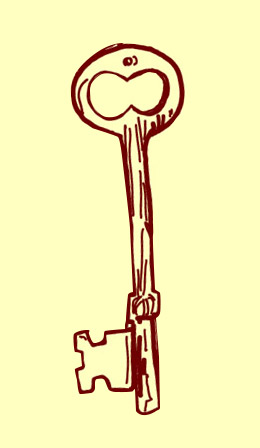
Research and text: Ricardo Vaz. Artwork: Valentina Aguirre.